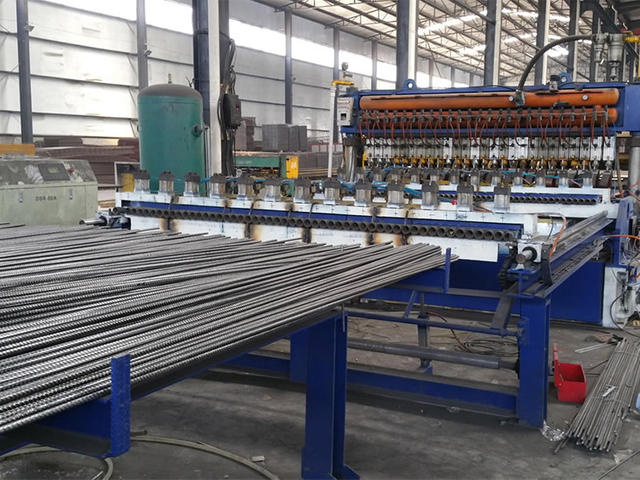Aug . 07, 2024 12:55 Back to list
Understanding the Benefits and Applications of Galvanized Tie Wire in Various Industries
The Importance of Galvanized Tie Wire in Various Applications
Tie wire, particularly galvanized tie wire, plays a crucial role in a variety of construction and industrial applications. It is a versatile material that provides strength, durability, and resistance to corrosion, making it an essential tool for professionals across multiple fields. This article will explore what galvanized tie wire is, its benefits, and its various uses in construction, agriculture, and other industries.
What is Galvanized Tie Wire?
Galvanized tie wire is made from mild steel, which is then coated with a layer of zinc through a process called galvanization. This coating protects the steel from rust and corrosion, significantly prolonging its life, especially in environments that are exposed to moisture or harsh weather conditions. The wire is typically available in various gauges and lengths, making it suitable for a broad range of applications.
Benefits of Galvanized Tie Wire
1. Corrosion Resistance The primary advantage of galvanized tie wire is its ability to resist corrosion. Unlike uncoated steel, galvanized wire can withstand exposure to elements such as water, humidity, and pollutants, thereby enhancing the longevity of structures and projects.
2. Strength and Durability Galvanized tie wire is known for its excellent tensile strength, enabling it to hold heavy loads without bending or breaking. This attribute is particularly important in construction applications, where the stability of structures is crucial.
3. Ease of Use Galvanized tie wire is easy to handle and manipulate. It can be twisted, cut, and shaped easily, allowing workers to use it effectively for various tasks without requiring specialized tools.
tie wire galvanized

4. Cost-Effectiveness While the initial investment for galvanized tie wire may be slightly higher than that for regular steel wire, the durability and low maintenance cost associated with galvanized wire make it a more economical choice in the long run.
Applications of Galvanized Tie Wire
1. Construction In the construction industry, galvanized tie wire is extensively used for tying rebar. It ensures that the rebar remains secure and in position during concrete pouring, contributing to the overall structural integrity of buildings, bridges, and other infrastructure. Additionally, it is used for binding and supporting various materials during fabrication or assembly.
2. Agriculture Farmers and agricultural professionals utilize galvanized tie wire for various purposes, such as supporting plants, fencing, and creating trellises. Its resistance to corrosion makes it an ideal choice for outdoor use, where it is exposed to moisture, fertilizers, and other environmental factors.
3. Craft and DIY Projects Galvanized tie wire is also popular among DIY enthusiasts and crafters. Its flexibility and strength make it suitable for creating decorative items, jewelry, garden structures, and more.
4. Electronics In the electronics industry, galvanized tie wire may be used for grounding and securing components. Its conductivity, combined with its strength, makes it a reliable option for ensuring electrical safety and stability.
Conclusion
Galvanized tie wire is an invaluable material across multiple sectors. Its corrosion resistance, strength, and cost-effectiveness make it a go-to solution for construction, agriculture, crafts, and more. As industries continue to evolve and prioritize durability and sustainability, the demand for materials like galvanized tie wire is likely to increase. Understanding its benefits and applications can help professionals and DIY enthusiasts alike make informed choices in their projects, leading to safer and more successful outcomes.
-
12mm Stainless Steel Wire Mesh for Industrial & Commercial Use Top Quality Factories & Manufacturers
NewsJun.24,2025
-
Black Annealed Wire Specification - High Quality & Custom Options from Leading Factories, Suppliers, Manufacturers
NewsJun.10,2025
-
High-Quality 18 Gauge Black Steel Wire Reliable Factories & Suppliers
NewsJun.10,2025
-
Chain Link Fence Gates - Durable & Secure Access Solutions
NewsJun.10,2025
-
Premium Cold Rolled Steel Bar Supplier High Strength & Precision
NewsJun.10,2025
-
Galvanized Wire Brick Force Mesh - Corrosion Resistant
NewsJun.09,2025

